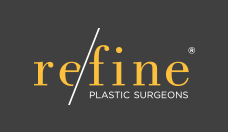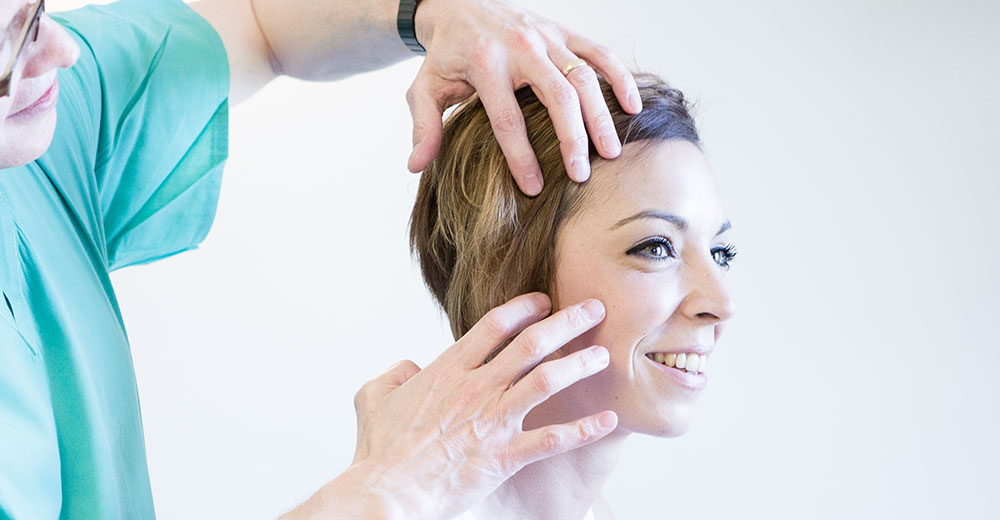When offering surgical or non-surgical cosmetic procedures, new GMC guidance says you must secure patient consent yourself, giving patients time to reflect and advertise your services responsibly.
The standards are outlined in Guidance for doctors who offer cosmetic interventions, which is published today 12 April 2016. The standards come into force on Wednesday 1 June 2016.
What are the new standards?
Whether you provide dermal fillers or breast augmentation, the guidance sets out your ethical obligations and the standards you need to meet.
The advice states that if you are providing cosmetic procedures, you must:
- seek your patient’s consent yourself – if you will carry out the cosmetic procedure, it’s your responsibility to discuss it with the patient, giving them the information they need to make an informed decision. This responsibility must not be delegated.
- give your patients time for reflection – you must make sure patients have the time, and the information about the risks and possible outcomes, they need to decide whether to go ahead with a procedure
- consider your patients’ psychological needs – when you discuss cosmetic interventions with a patient, you must consider their vulnerabilities and be satisfied that their request for the procedure is voluntary
- work within your competence – you must recognise your limits and ask for advice or refer a patient to a colleague if you cannot safely meet their needs
- make sure patients have the information they want or need – this includes written information to support continuity of care, which explains the medicines or implants used
- take particular care if considering cosmetic procedures for children– if you judge that the child does not want to have the cosmetic intervention, then you must not perform it, even if the parent has given consent
- market your services responsibly – advertising must be clear, factual and not use promotional tactics that could encourage patients to make ill-considered decisions. It also includes a ban on offering procedures as prizes.
Improving standards in the cosmetic industry
This guidance addresses concerns raised by Professor Sir Bruce Keogh’s review of the cosmetic industry in 2013 and the review by the Scottish Cosmetic Interventions Expert Group, which both highlighted the lack of regulation of the cosmetic sector and associated risks to patient safety.
The guidance should be read alongside all our other guidance, including Good practice in prescribing and managing medicines and devices which requires doctors to carry out a physical examination before prescribing injectable cosmetic medicines.
‘Cosmetic practice is a challenging area of medicine which deals with patients who can be extremely vulnerable’, said Professor Terence Stephenson, Chair of the GMC. ‘Most doctors who practise in this area do so to a high standard but we do sometimes come across poor practice, and it is important that patients are protected from this and that doctors understand what is expected from them.
‘Our new guidance is designed to help drive up standards in the cosmetic industry and make sure all patients, and especially those who are most vulnerable, are given the care, treatment and support they need.’
Refine Plastic Surgeons's cosmetic standards
Refine Plastic Surgeons are proud to adhere to the highest standards for the cosmetic industry. We always place the patient's health and wellbeing before aesthetics and ensure that we obtain a thorough understanding of the patient's history of health as well as their expectations from plastic surgery during the consultation.






